Ever since I read it my senior year of high school, Joseph Heller’s Catch-22 has been one of my favorite novels. It is a farce of bureaucracy, and as life becomes more and more bureaucratized, more and more people find themselves neck deep in this farce. It is a book that describes that unmooring, niggling internal monologue of “this is cruel and insane and it kills people and it could be changed so WHY ARE WE STILL DOING IT?!” that permeates so much of life in the twenty-first century. I quite enjoyed the 1970 film adaptation, and was excited to see how the 2019 miniseries would work out.
The series is overall quite faithful to the book. Many incidents are taken straight from the pages of the novel, and some are all the more impactful now that we can see, rather than imagine, them. I know that sounds trite, but it is one experience to read about a reckless pilot, McWatt, accidentally killing Kid Sampson; it is another to see the propeller of the plane scatter human gore across McWatt’s cockpit and then the explosion when he rams his plane into a mountain to atone for his crimes.
The biggest change from the book is the chronology. Heller required a whole chart to keep everything together, as he jumped around from event to event out of temporal sequence. The showrunners, perhaps wisely, decided to recast those events in chronological order. This changes the impact of certain events. The death of Snowden, one of the earlier horrors of the novel, becomes the crowning nightmare of the series. Aarfy’s rape and murder of a prostitute is relegated to the penultimate shock of the miniseries where it was the revolting climax of the novel.
In going to the screen, Catch-22 gains the benefits of the medium. One of these is the casting. Christopher Abbott is your frustrated everyman John Yossarian, who valiantly attempts to not lose his humanity to the massive military machine he is fed to. Kyle Chandler is appropriately loathsome as Colonel Cathcart. Lewis Pullman portrays Major Major Major Major, an unfortunate man who embraces absurdity to survive it. Pico Alexander brings the endearing naïveté of Clevinger to the screen. Perhaps the best casting choice is Daniel David Stewart, playing the living embodiment of capitalism Milo Minderbinder, who has the haughty affectations of the likes of Elon Musk.
Another benefit of the shift to the screen is the soundtrack. Rupert Gregson-Williams and Harry Gregson-Williams deliver a jazzy theme, plodding like a blind elephant in a way that calls to mind any number of inelegant bureaucracies that destroy human life. Their score is bolstered by a wide variety of period music, oftentimes with songs deployed at just the right moment, bringing both high comedy and deep tragedy to certain sequences. An aside: as a swing dancer, I’ve danced to at least half of the songs used in the series.
The miniseries is not a one-to-one adaptation of the book. How could it be? The mediums are too different. But the team behind the series succeeded in translating the wry tone and deep frustration with industrial society from the novel to the screen, and created a wonderful, if harrowing, experience. I enjoyed it very much, when it wasn’t enraging me.

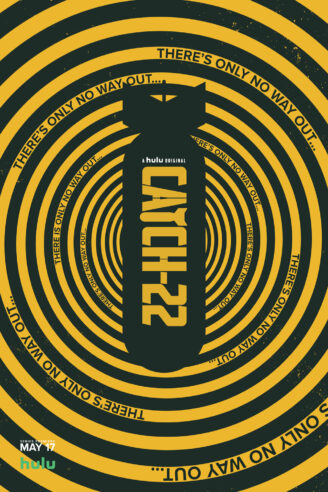
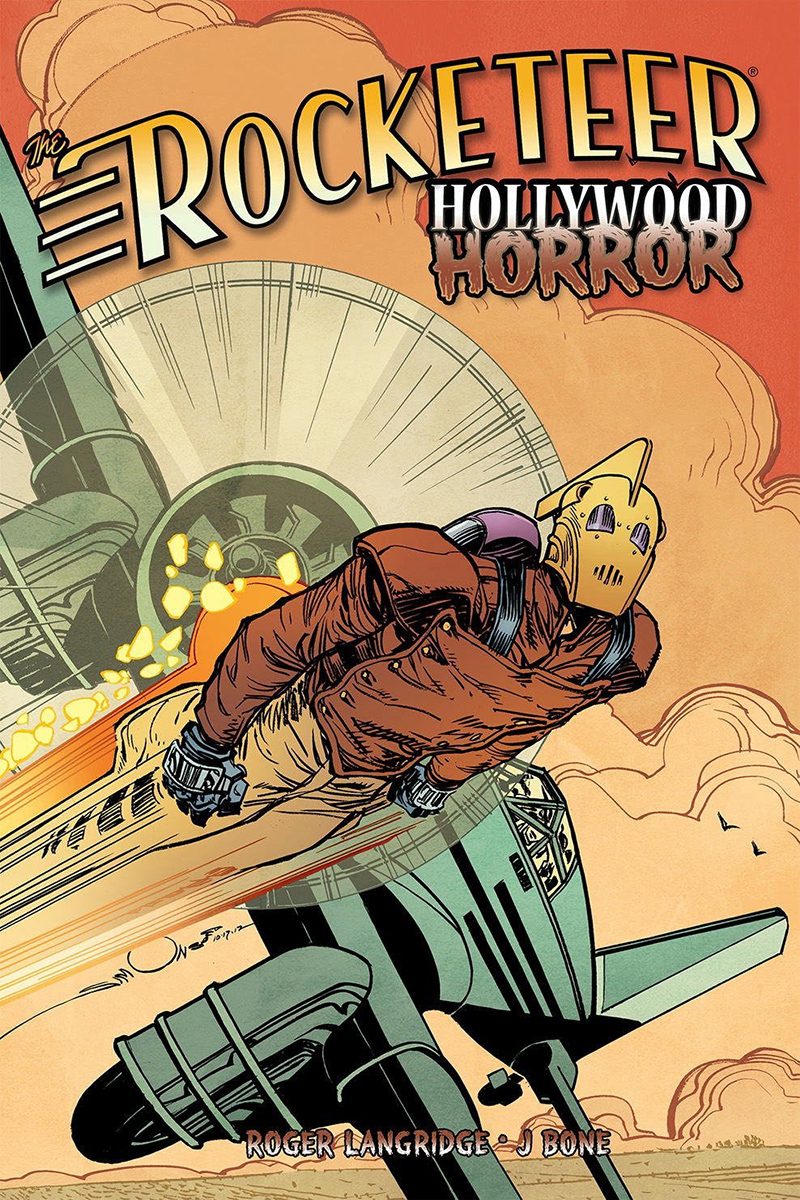
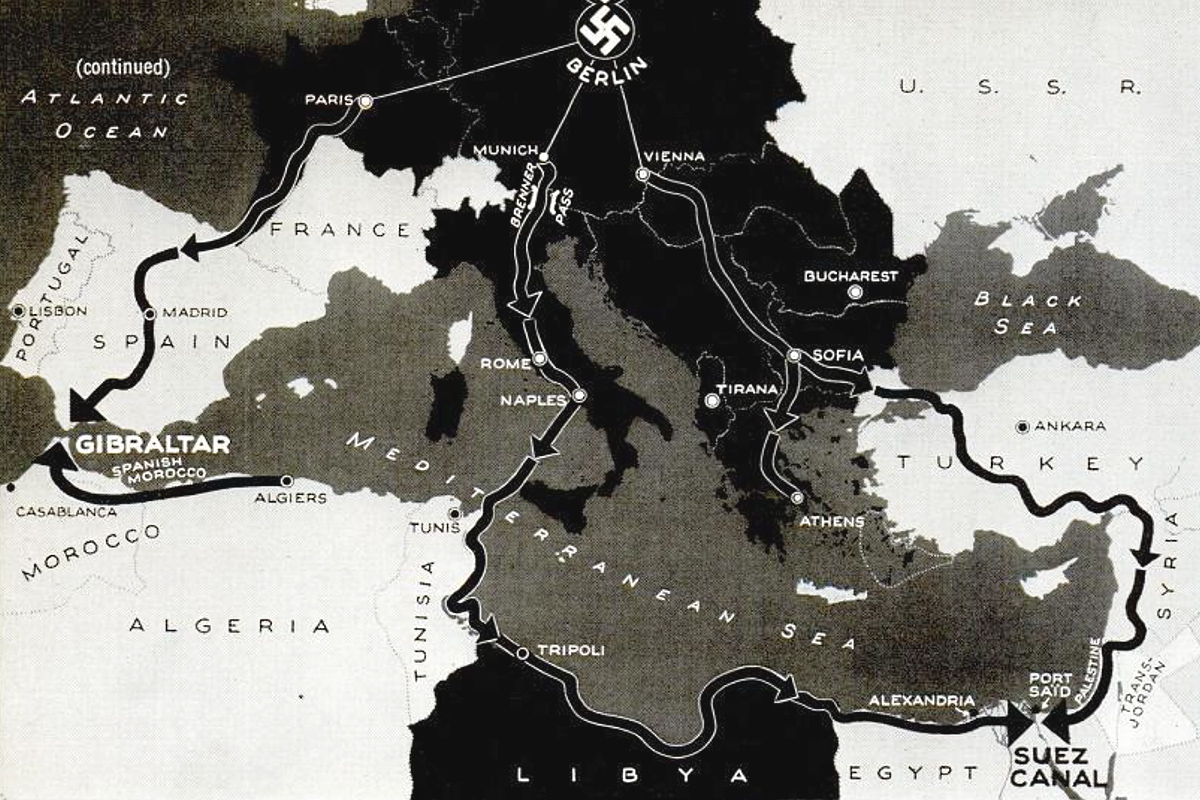
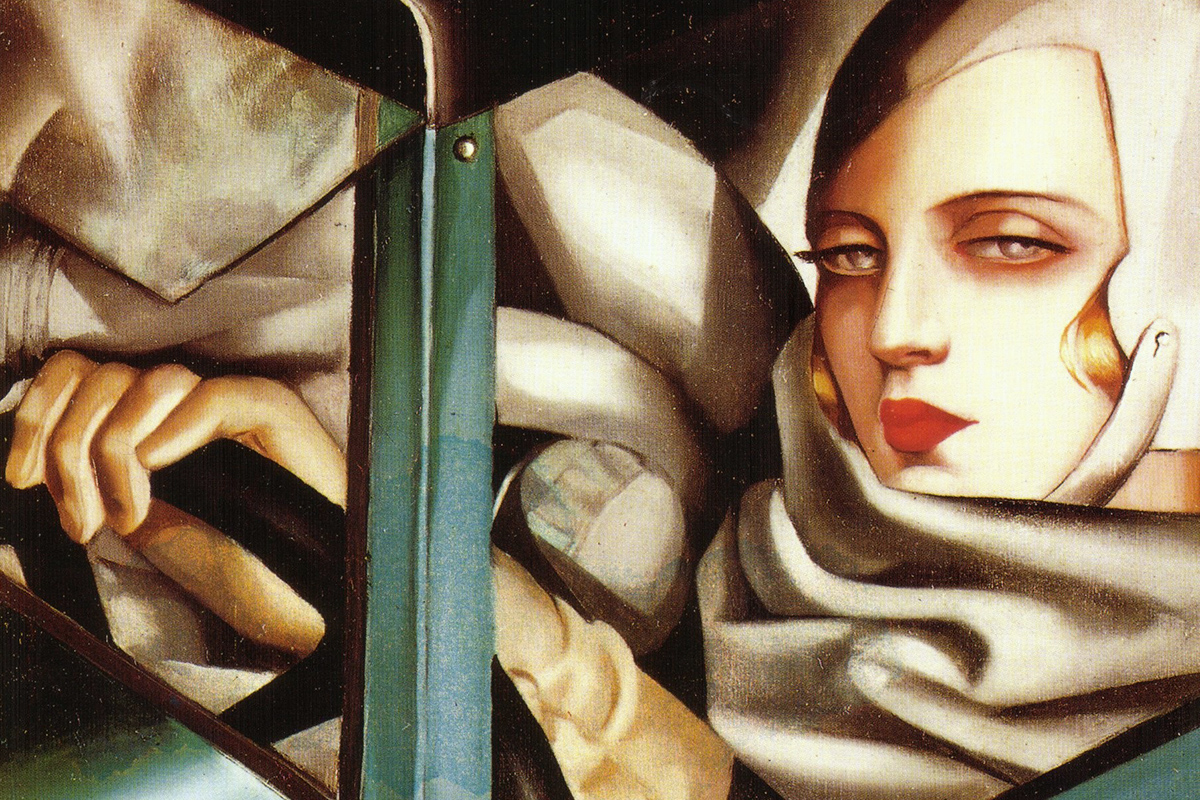
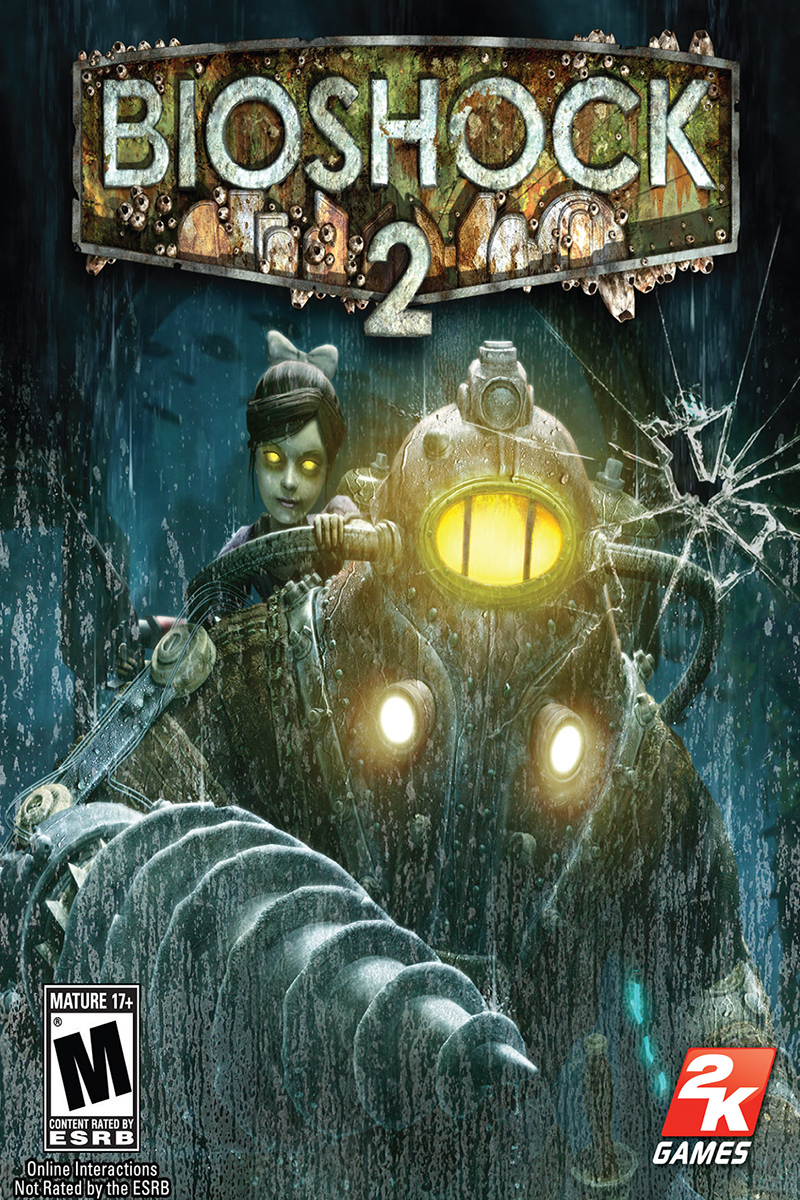
1 Comment
Add YoursDecades ago in a magazine such as Air Progress, Air Classics, Air Trails, I read that filming the scene of the reckless pilot hitting the person, I think standing on a raft, just about did in the plane because a hand of the film effects dummy person got caught in the joint for the plane’s elevator, or between the movable elevator and fixed horizontal stabilizer, jamming it.